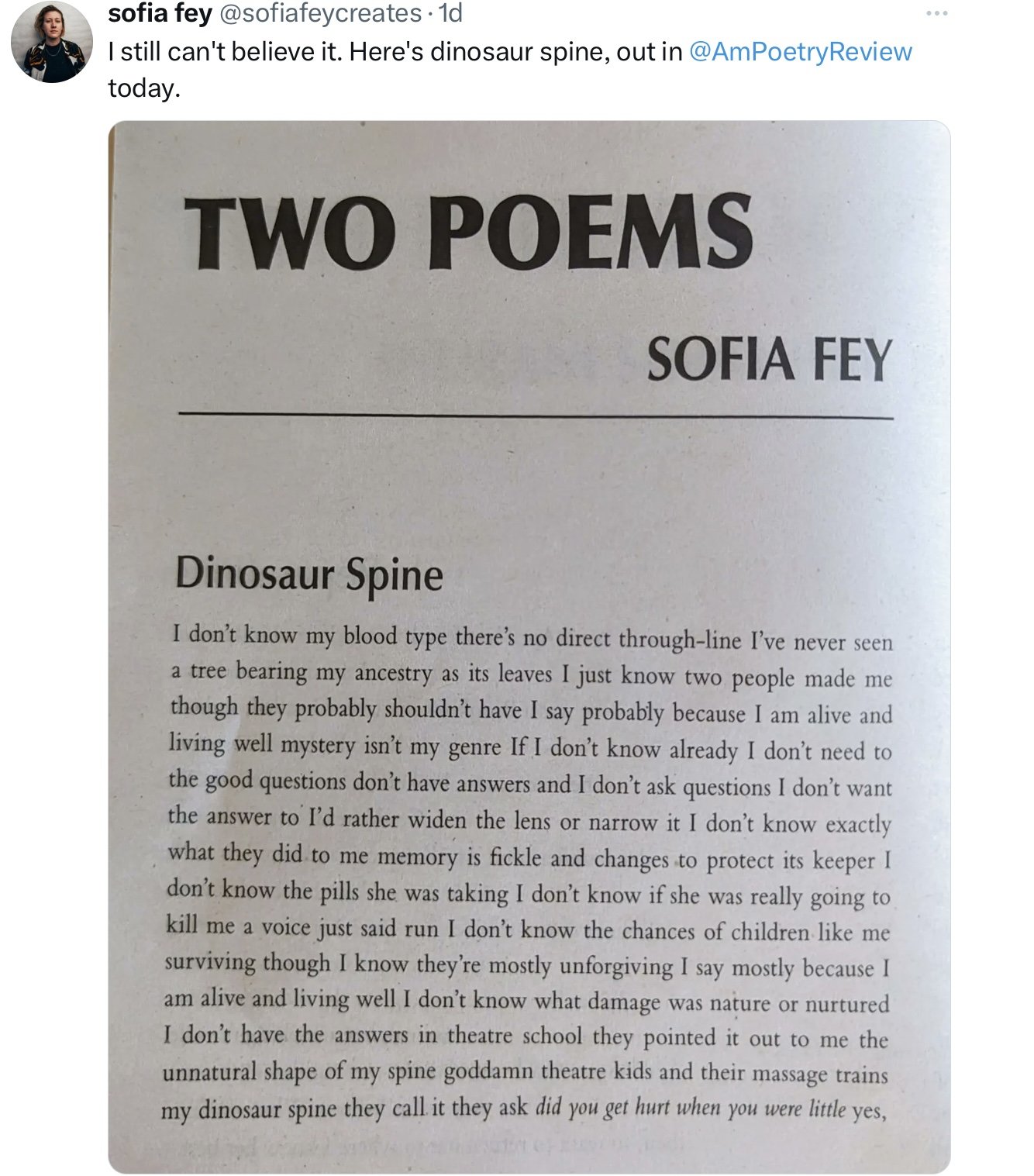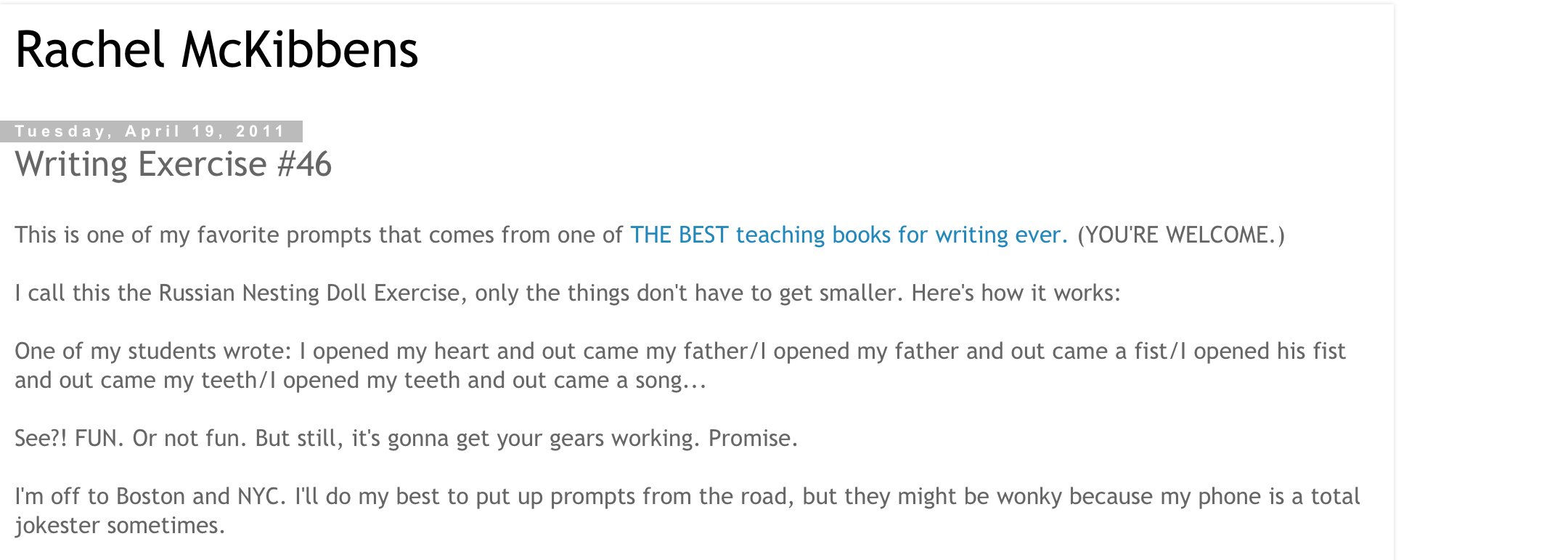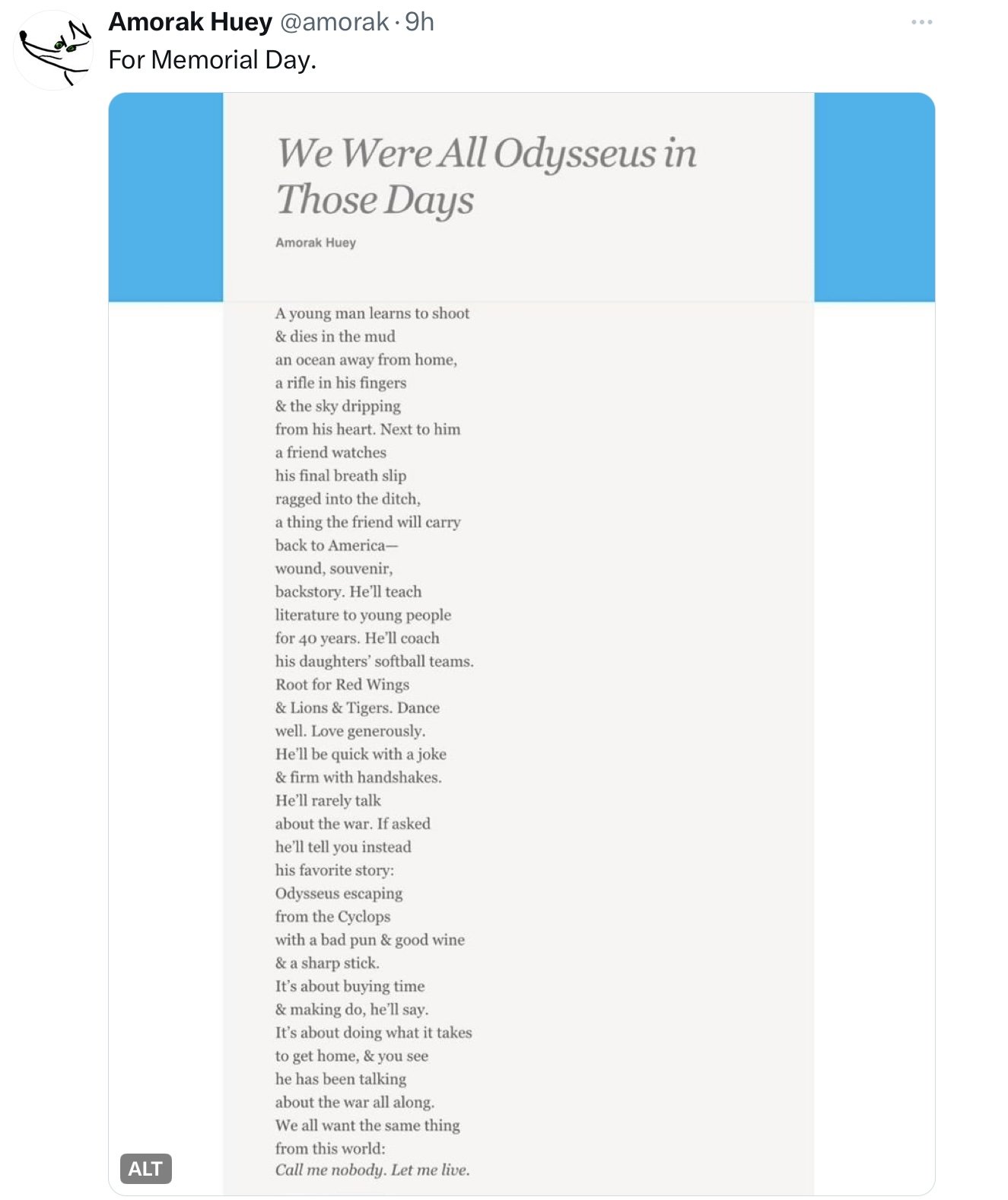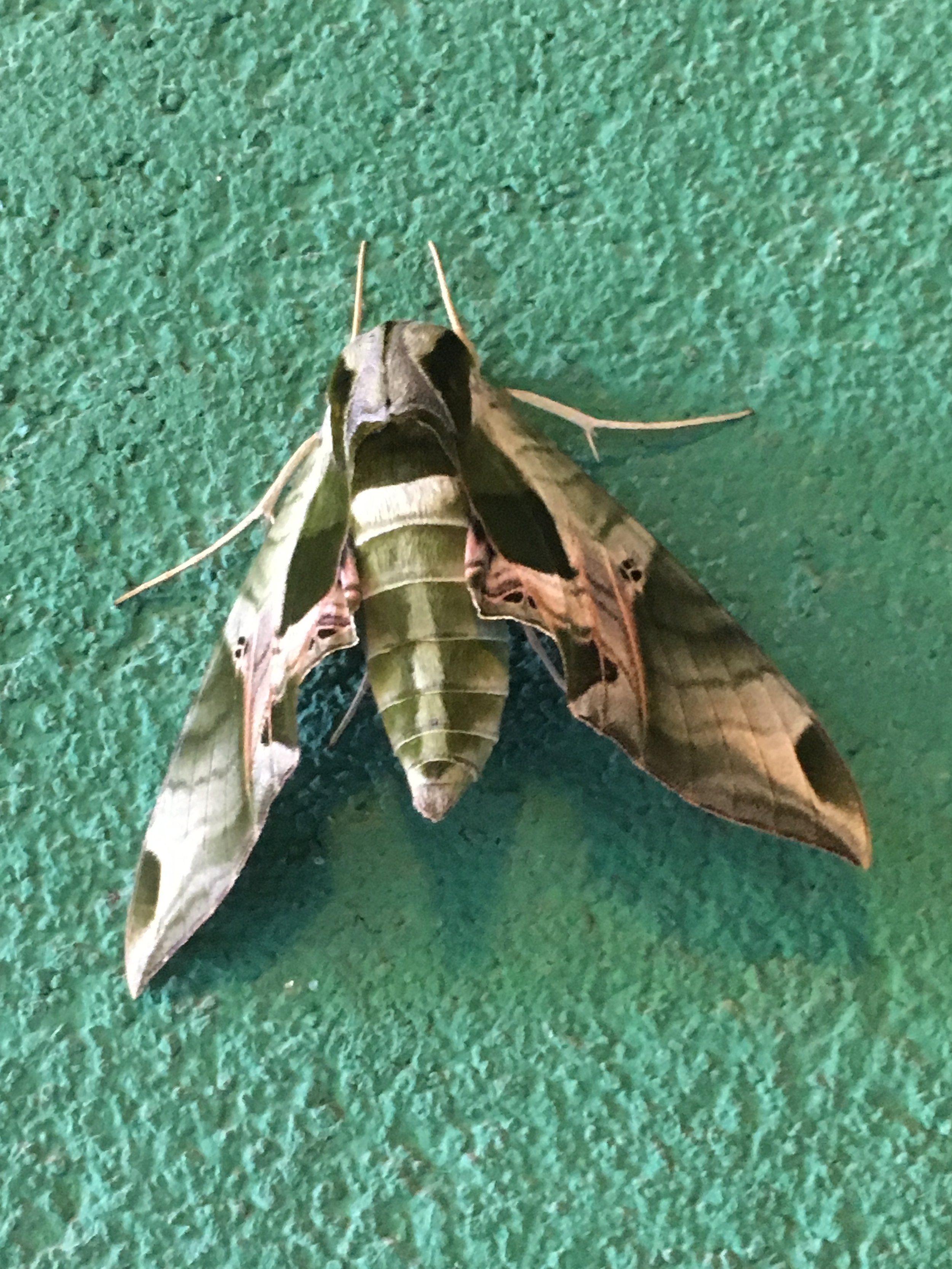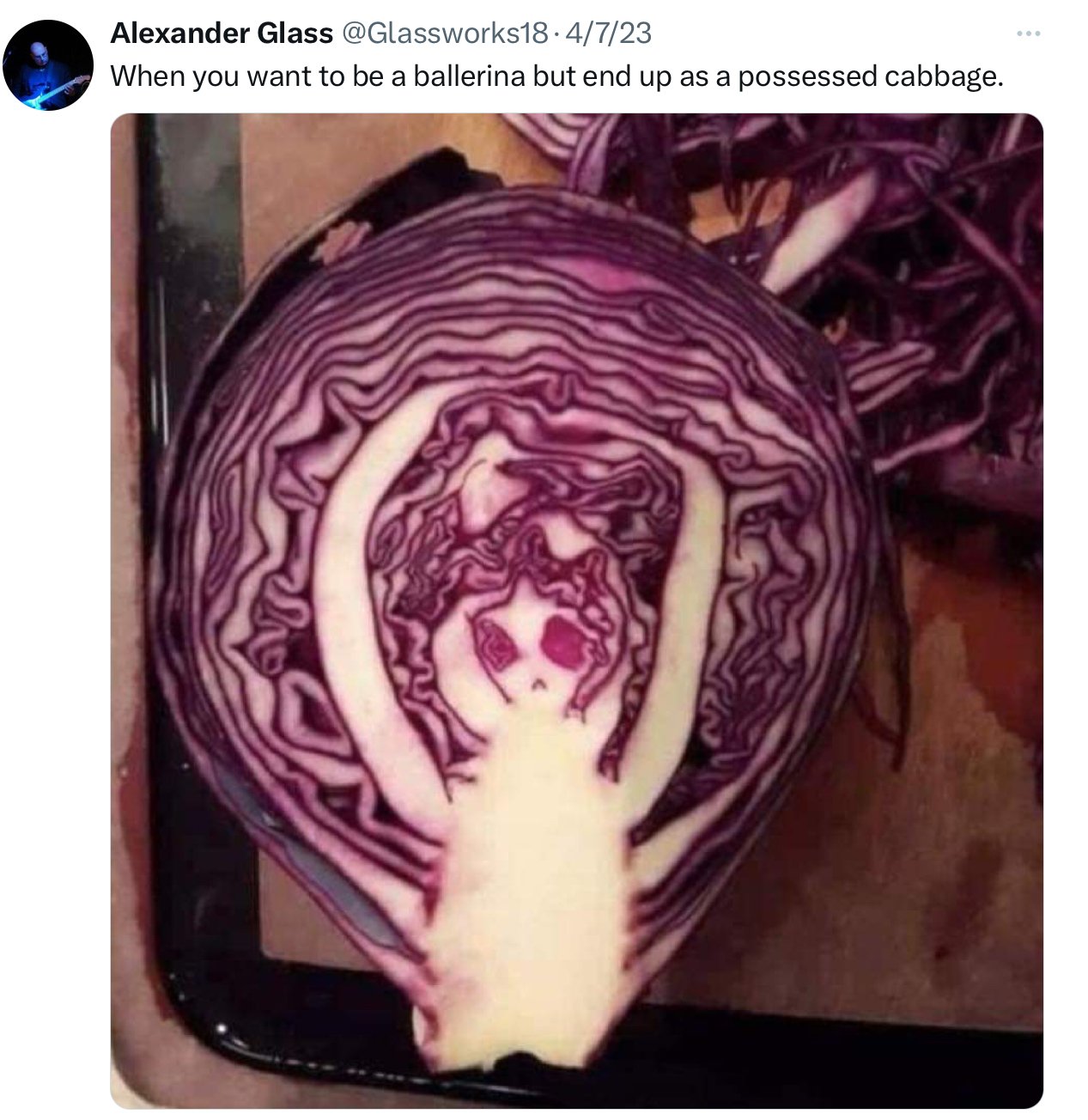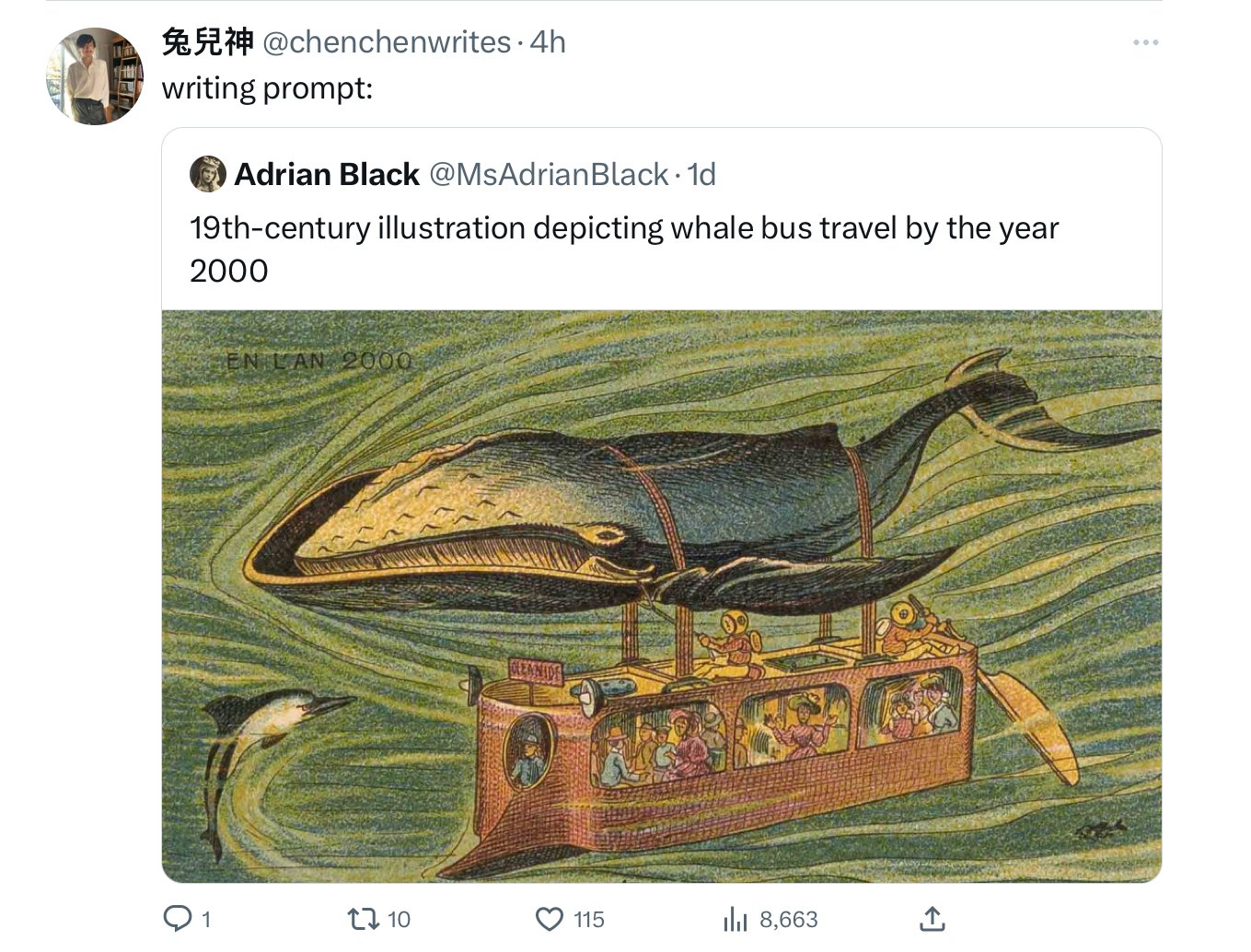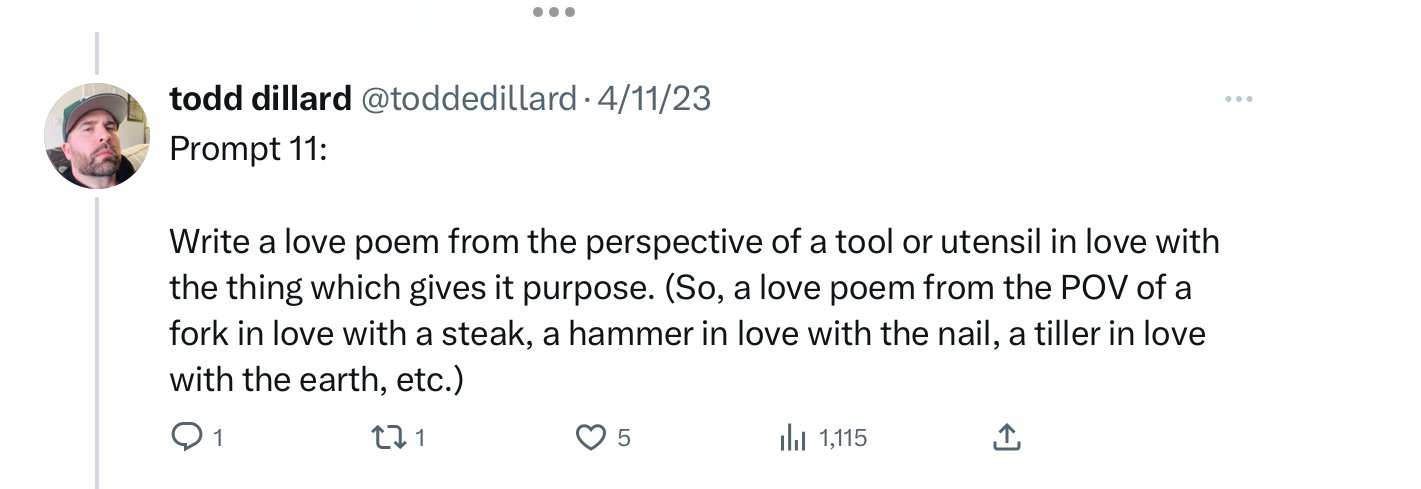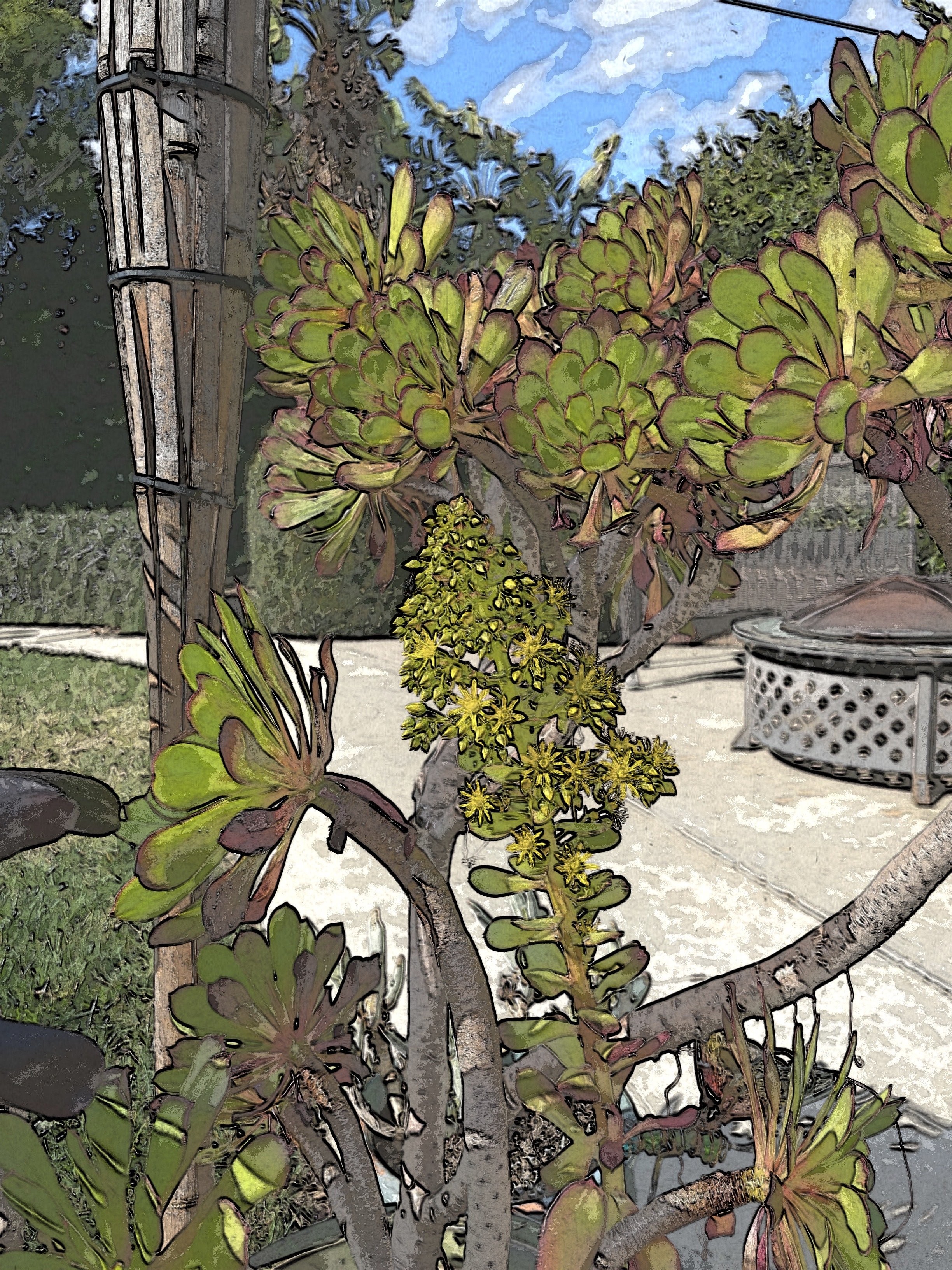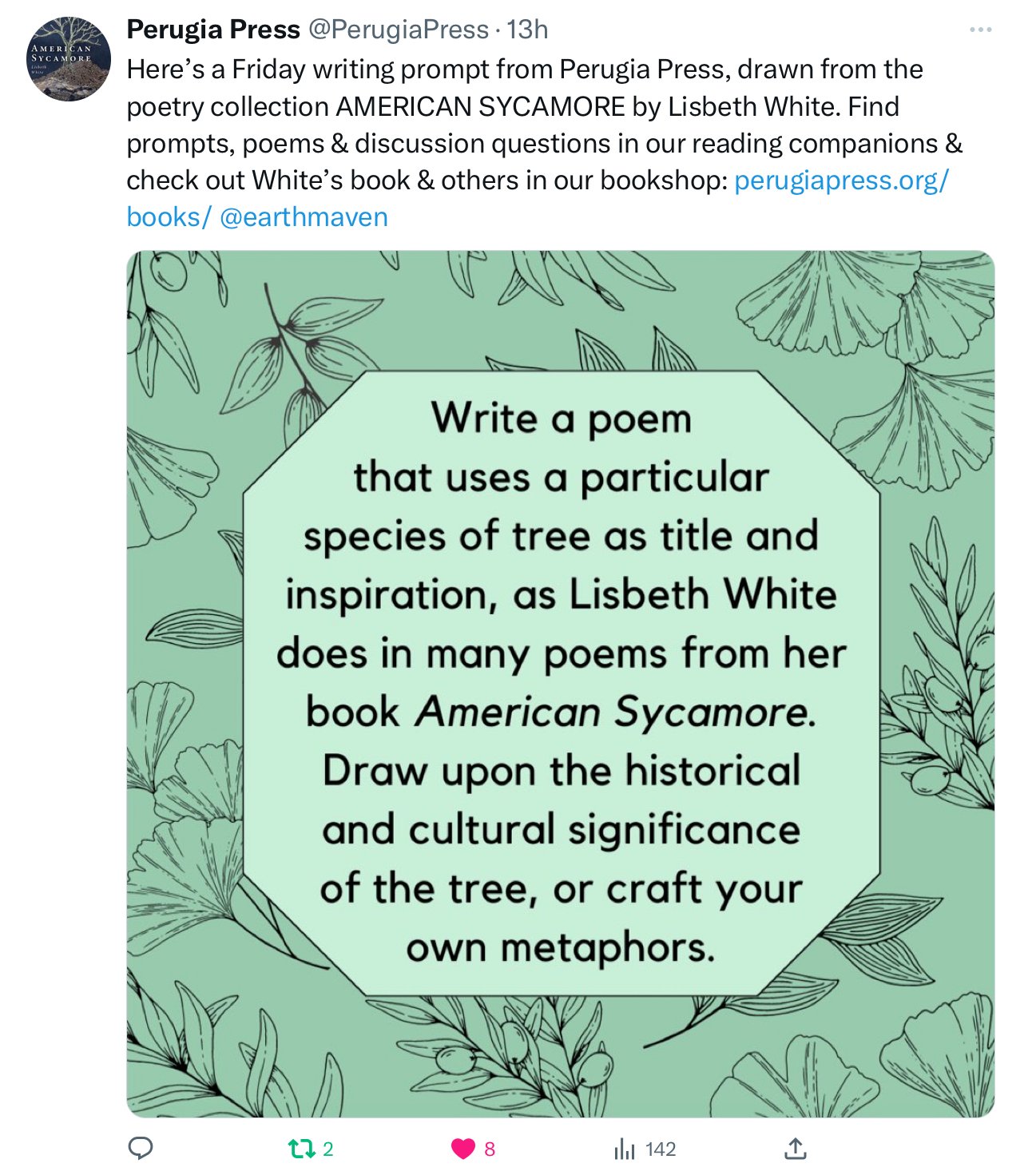Annelyse Gelman—a wonderful poet—started a thread of writing prompts for students, and Joanna Monk offered a lovely one, inspired by Kit Wright. This is a fun prompt for anyone, especially if you are feeling stuck.
For the first prompt, describe what you would put in your magic box and the box itself.
The second prompt is a variation on the first: for this prompt, describe what you would lock away in a box and how you would secure it. What are you afraid will escape if it opens, and/or who will be harmed?
The next prompt is to write a poem about yourself as a box and what you hold in a prose poem so that form embodies the content.
The last prompt is to write a story about finding a locked door—or box—in the basement of an old house you are renting. What happens next?
Have fun writing! Good luck!





